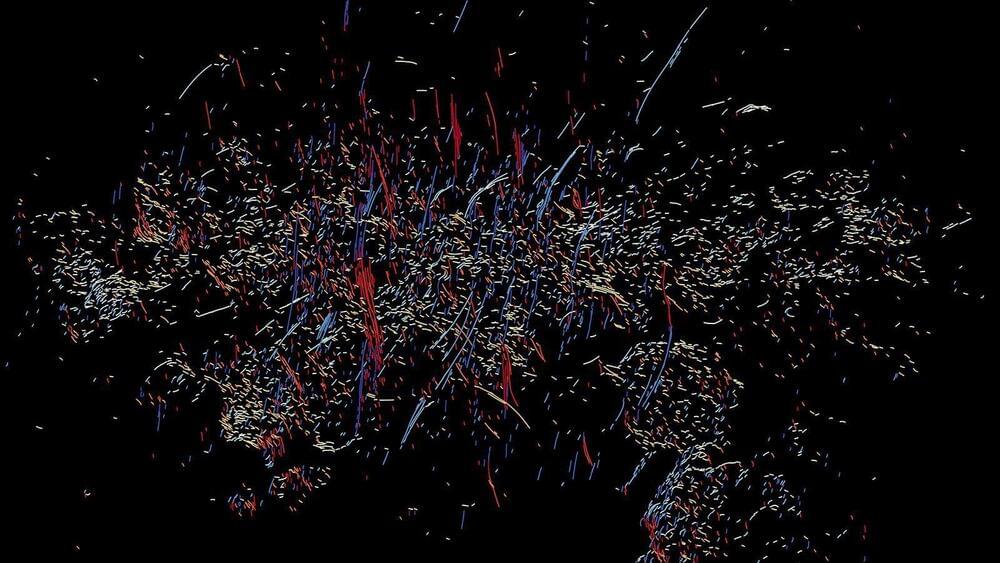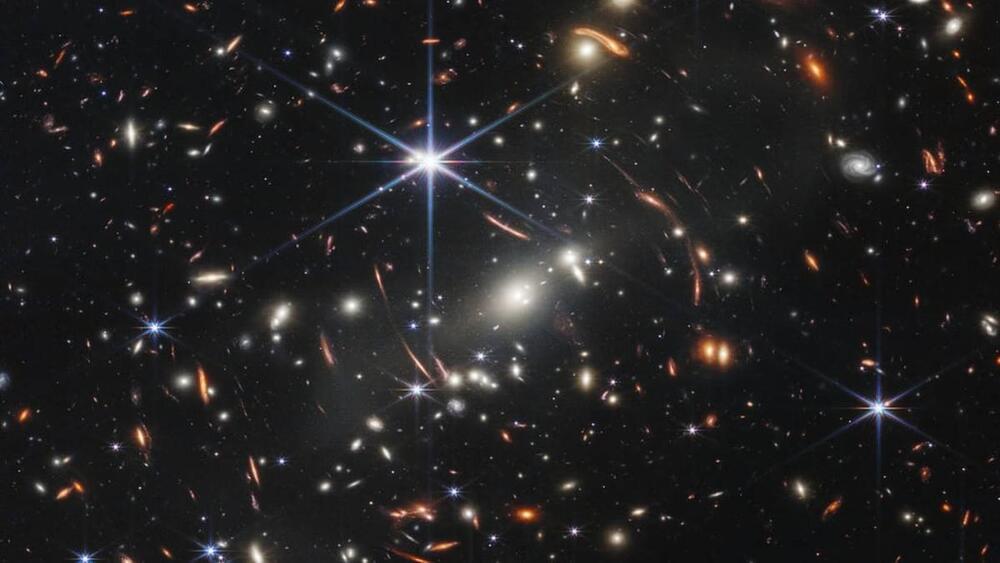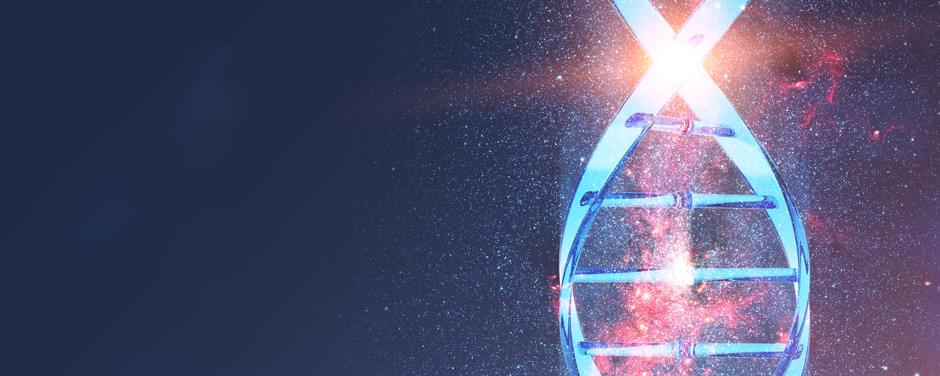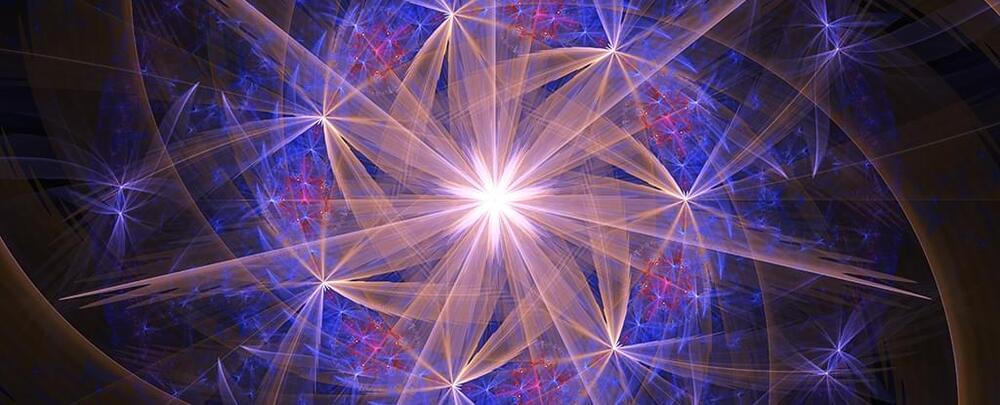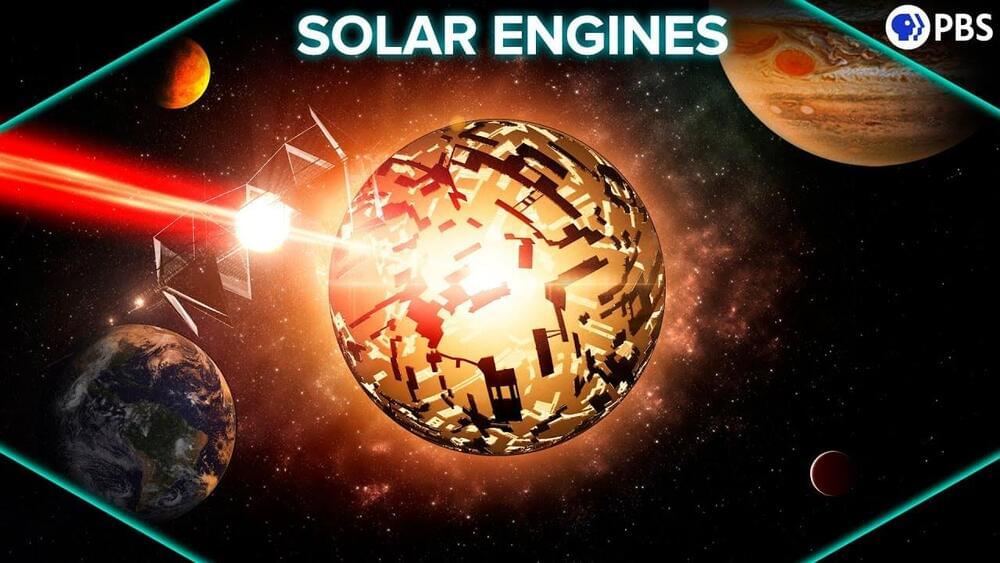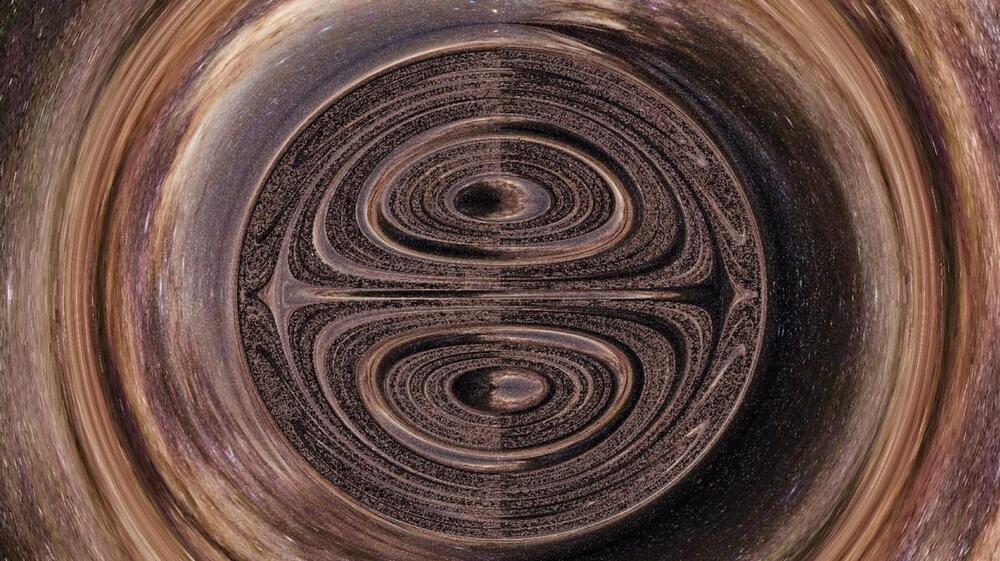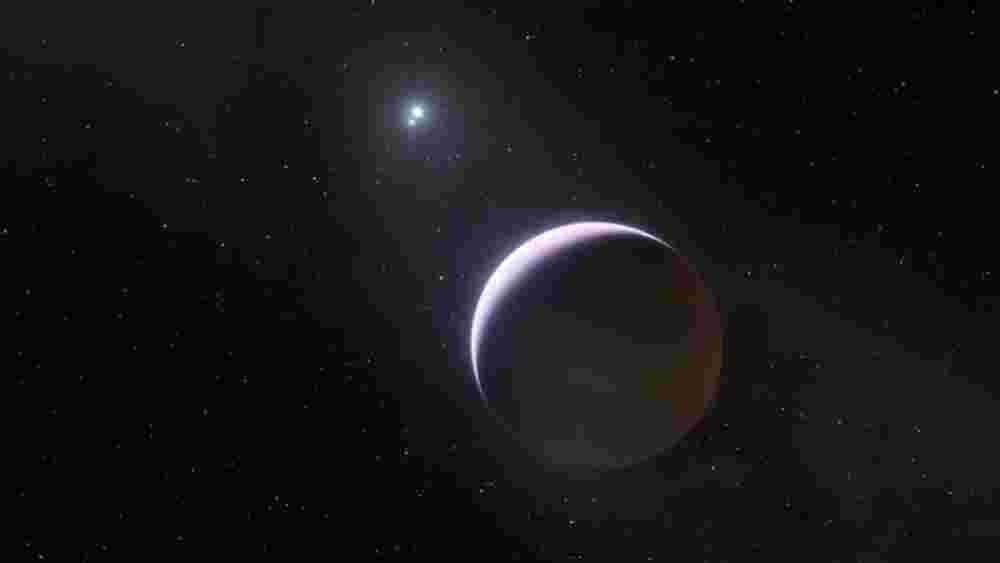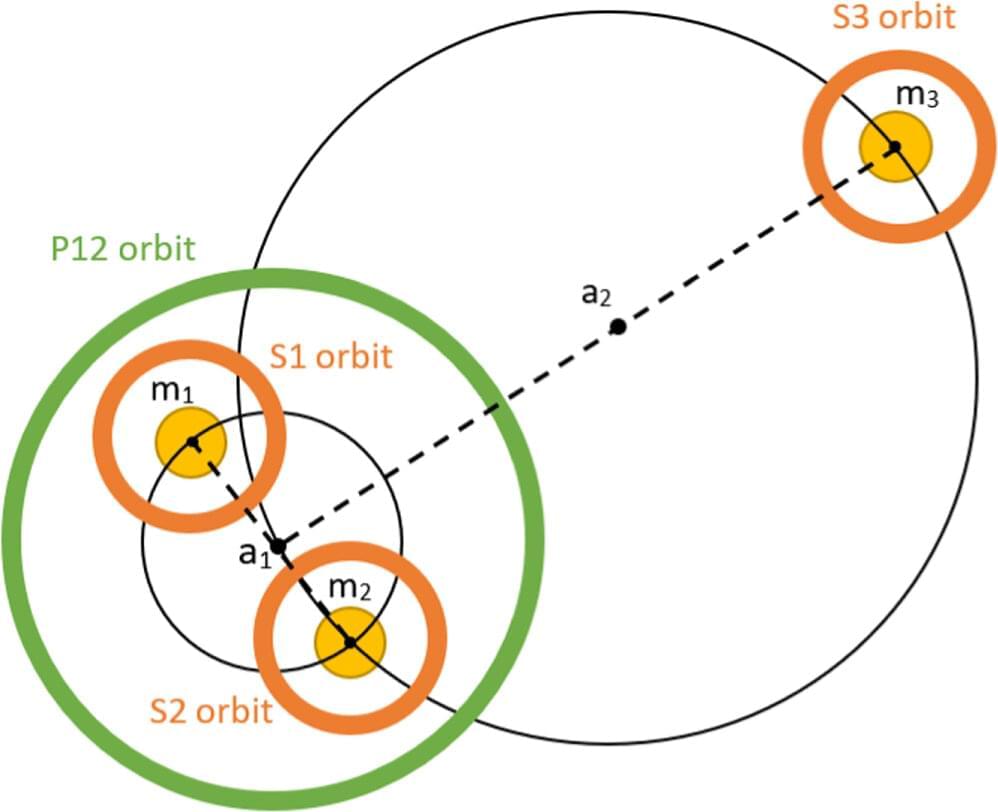An international team of astrophysicists has discovered hundreds of mysterious structures in the centre of the Milky Way.
The one-dimensional cosmic threads are made up of hundreds of horizontal or radial filaments, slender, elongated bodies of luminous gas that potentially originated a few million years ago — and seem to be pointing the direction of the black hole.
“I was actually stunned when I saw these. We had to do a lot of work to establish that we weren’t fooling ourselves,” added Yusef-Zadeh, who’s also a member of the Center for Interdisciplinary Exploration and Research in Astrophysics.
